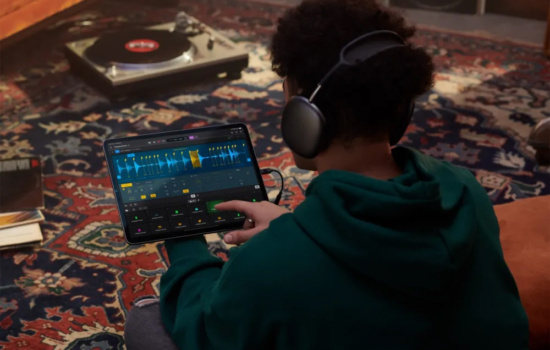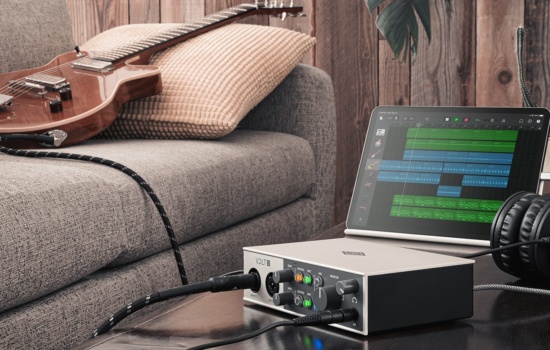Sometimes an overused buzzword, I’ve noticed that few people fully understand networking, or know how to do it properly. Networking means more than going to parties and handing out business cards. Yes, it’s important to meet people face-to-face when you can, but nowadays most networking happens online, starting with the various social media sites.
But sitting all day staring at your screen and tapping away on your keyboard doesn’t guarantee results, either.
True networking is more than just meeting and interacting with new people. It’s about building mutually beneficial professional relationships that last. It’s about making yourself useful to others with no expectation of anything in return. It’s not enough to just collect business cards for your virtual Rolodex or to build up a large following online.
Those things might help, but they are just a beginning. Strive to gain a deeper understanding of networking, how it’s done, and how to leverage your network once it’s in place. Then, practice and improve.
Some people are just naturally good at networking; they were seemingly born to do it. The rest of us need to work at it. There are some crucial techniques to learn, and more than anything, you need to be organized in your approach. Finally, it’s not only about building your network but how you will leverage it.
I like to think of networking as a game, or a puzzle with many pieces to be connected to each other. If you attack the networking game with the same diligence and persistence you devote to your music, you will certainly be successful.
Where is the Network in the Music Industry?
As with so much today, the Music Industry Network can be found mostly online. Social media strategies are crucial to building your Network, and most artists and other people looking to break into the Music Industry spend a lot of time perfecting their social media skills, building a website, and creating content, mostly audio and video, to post online.
There are also Music Business Networking Events and meetups in major music cities like New York, Los Angeles, and Nashville. Any place where musicians and Music Business folks congregate is ripe for Networking. Performing at open mics, attending concerts, visiting music clubs, and Music Industry association conferences and workshops are also places to see and be seen by others in the Music Business.


























